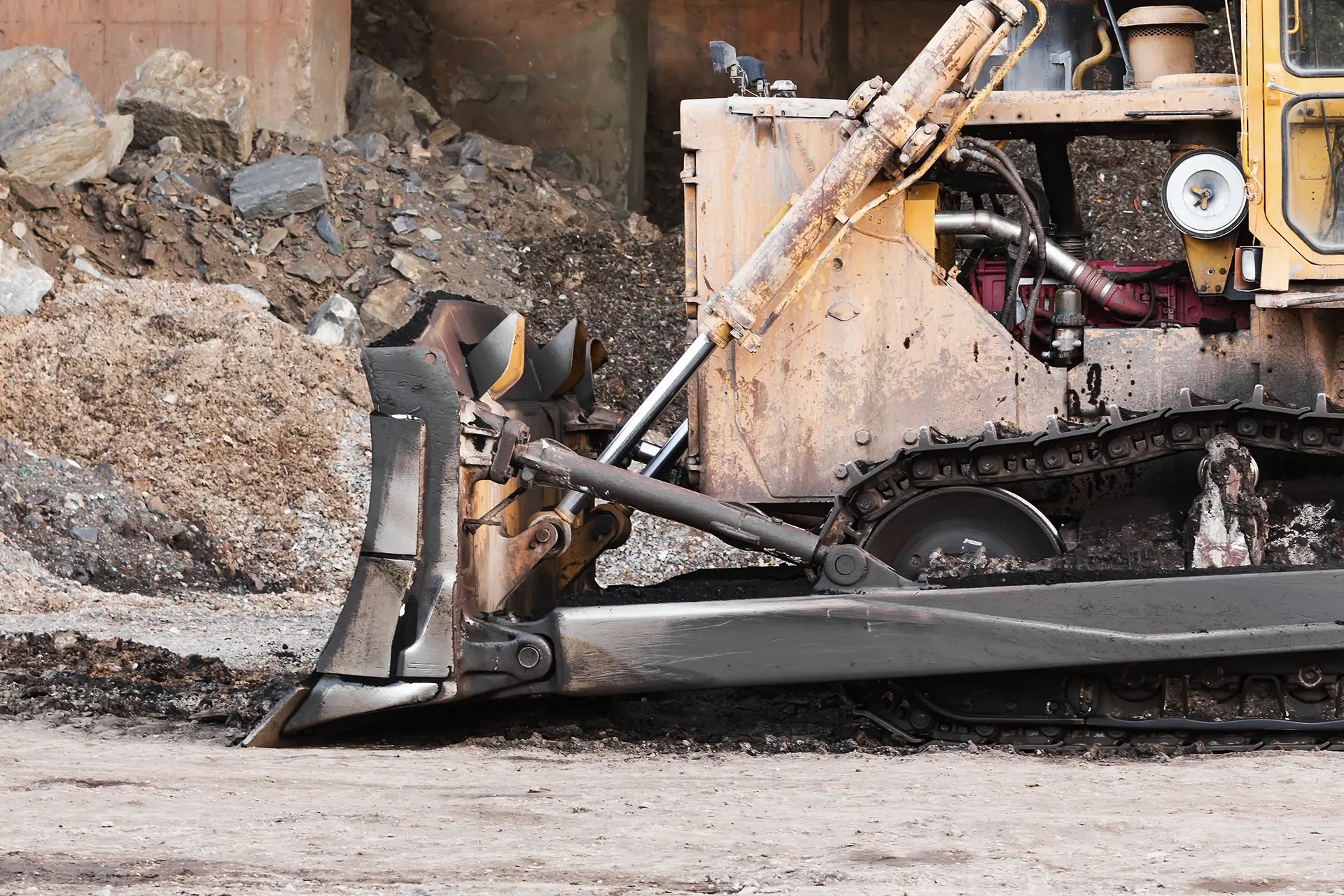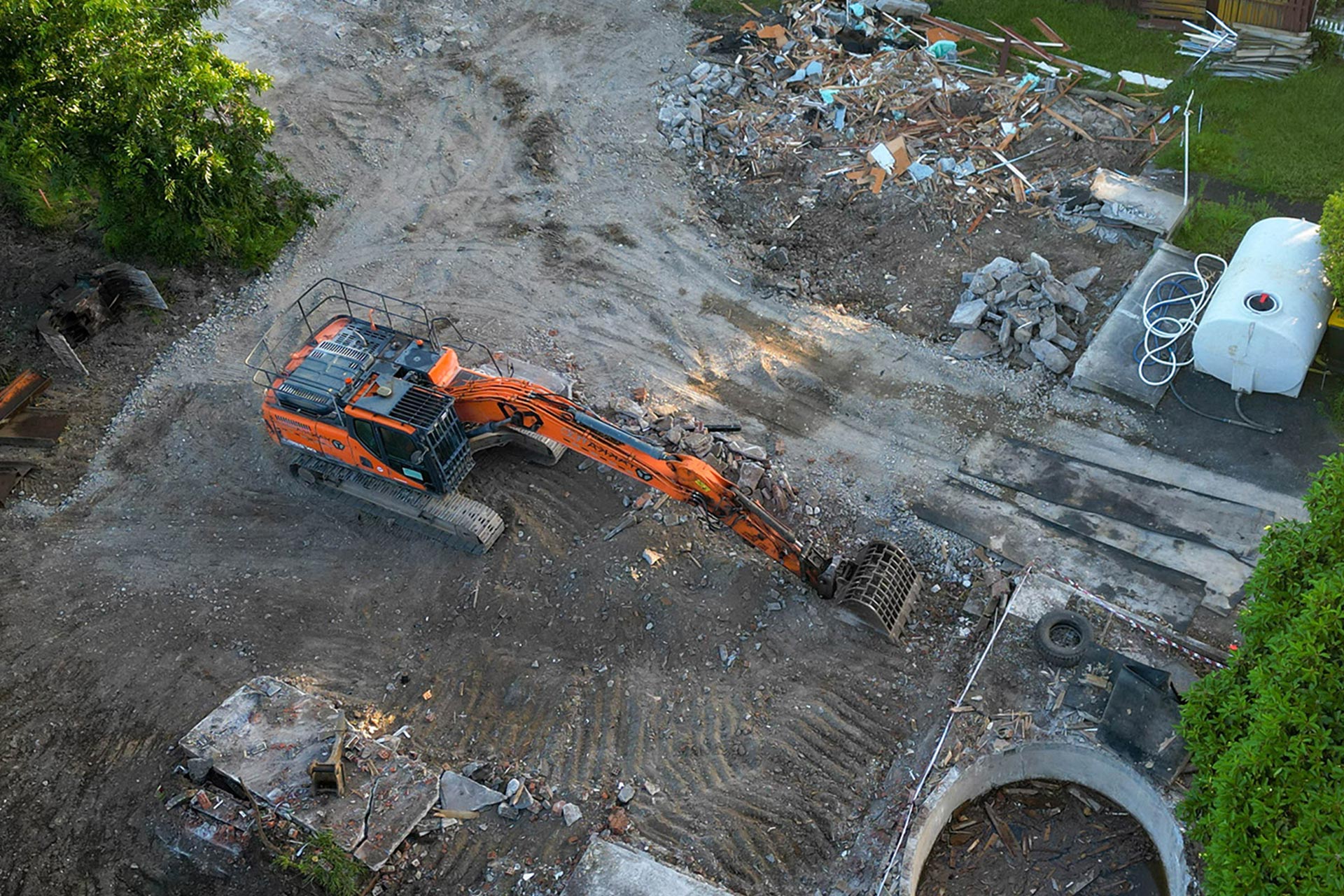The collapse of the Du Val property group—one of the largest of its kind in recent memory—has sent shockwaves through New Zealand’s property and construction sectors. From a legal standpoint, it presents a cautionary tale of unchecked governance, opaque financial dealings, and regulatory escalation. As the Du Val property group case moves through the High Court, developers and contractors alike are watching closely, aware that the legal and financial precedents could have far-reaching implications.
A Complex Legal Crisis Unfolds
At the centre of the controversy is a $300 million debt, irregular accounting practices, and the alleged misuse of company funds for personal expenses by Du Val founders Kenyon and Charlotte Clarke. The Financial Markets Authority (FMA) initiated an investigation that ultimately led to receivership and then statutory management—a rare but serious escalation endorsed by the government.
Commerce Minister Andrew Bayly stated that “statutory management was needed to prevent broader harm,” highlighting the scale and complexity of the case. PwC, the receivers, raised red flags over unsupported valuations and related-party transactions, some of which included a $15 million intellectual property purchase from a trust run by the founders—a figure later reduced to $5.5 million.
The Industry Fallout
The Du Val property group situation is more than a high-profile failure; it has broader consequences for those operating in the construction and development ecosystem. For other developers, the case is a stark reminder of the importance of independent valuations, transparent governance, and compliance with financial reporting obligations.
For contractors, especially those owed funds, it reinforces how quickly a project can spiral beyond recovery when core financial management collapses. Several contractors reportedly stopped receiving payments or were paid irregularly in the lead-up to the receivership. This type of disruption can be crippling for businesses operating on tight margins or with significant exposure to a single development group.
However, there is a silver lining. Statutory management has allowed some continuity of construction work and clarity for affected parties. It also serves as a regulatory reset—sending a clear message about accountability and standards across the sector.
What Can Be Learned
The Du Val property group collapse underscores the necessity for robust due diligence—not just by investors but by any party entering contracts with large development firms. When company structures become complex, or valuations appear unsubstantiated, legal guidance is essential.
If your business has been impacted by the collapse of a construction or property development firm—or if you’re concerned about contractual exposure—Wynyard Wood offers expert legal support.
Related Services:
We provide advice and guidance on all aspects of business. See how we can help.
Read More
If you are involved with a building project and need legal assistance, we can help you objectively review your circumstances, and what next steps are most appropriate for your situation.




